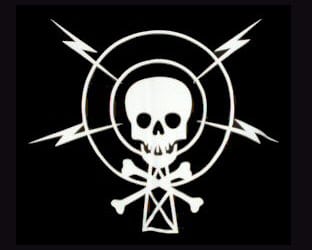The FCC has moved ahead with the issuance of four forfeiture notices, placing steep financial penalties on parties found to be associated in some way with unlicensed FM radio broadcasters. The locales range from Waterbury, Conn., to Geneva-on-the-Lake, Ohio.
In the Constitution State, Efrain Gonzalez was handed a $40,000 fine for operating “La Poderosa” on 89. 1 MHz. The facility was found in March 2024 to be illegally simulcasting “NotiUno 630,” a Spanish-language News/Talk station serving Puerto Rico. Enforcement Bureau agents spoke with Gonzalez, who confirmed the activity but did not cease it. Furthermore, Gonzalez was found to be promoting his unauthorized simulcast of “NotiUno” on Facebook.
Up the road in Hartford, Wilfredo Ayala faces a $60,000 penalty for his unauthorized operation of “La Tropica Radio” at 94.5 MHz. When visited by Enforcement Bureau agents, the facility had been shut off. However, Ayala not only had the equipment used for the facility but also a large poster on the wall with the unlicensed station’s name on it.
In the Buckeye State, James Baran was also handed a $40,000 fine of his own after it was determined he’s behind an unlicensed facility at 90.7 MHz; YouTube videos proved that Baran was behind the pirate FM.
Lastly, a Painesville, Ohio, man is being fined $60,000 for operating “Radio Union Familiar” on 99.1 MHz without a license. Carlos Alberto Vasquez had placed a large sign in front of the building where the pirate radio station was found to have been based advertising the station moniker and FM signal. Vazquez’s Facebook page, which advertises the frequency 99.1 MHz in the front page banner, identifies Carlos A Vazquez as the “President of RadioUnionFamiliar.”
While some have suggested pirate radio broadcasters are serving a need by providing content not found elsewhere to local minorities, the service is nevertheless unlicensed and impermissible.
For Nate Simington, the conservative Republican Commissioner said no to each of the NALFs on the basis of whether the FCC has the power to levy fines and determine the financial penalty in the wake of the Supreme Court’s SEC v. Jarkesy case. That legal fight diluted the power of federal agencies to penalize individuals with a forfeiture.




